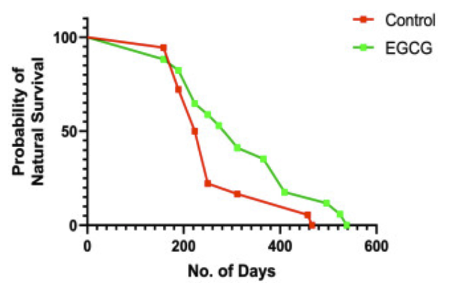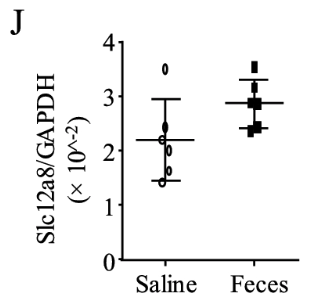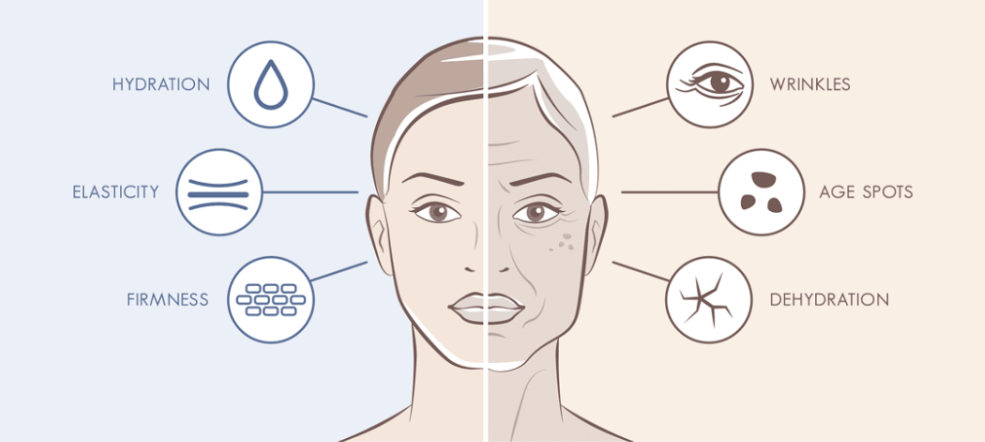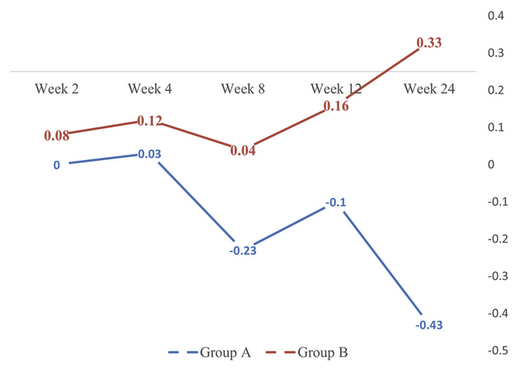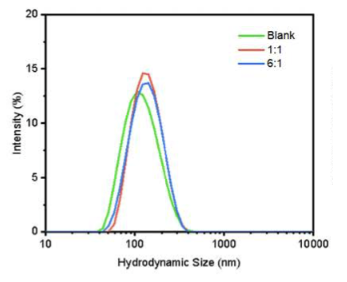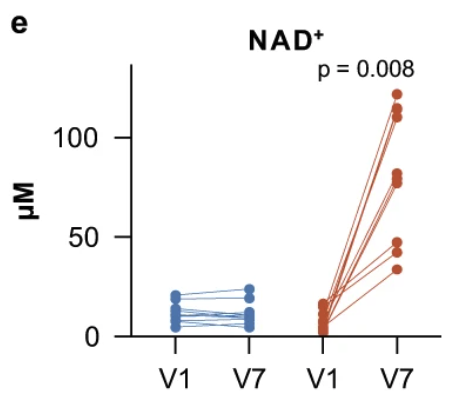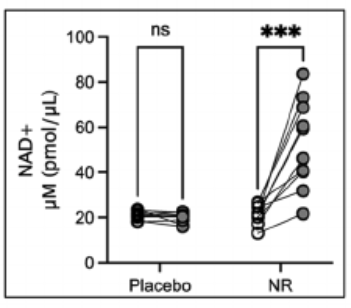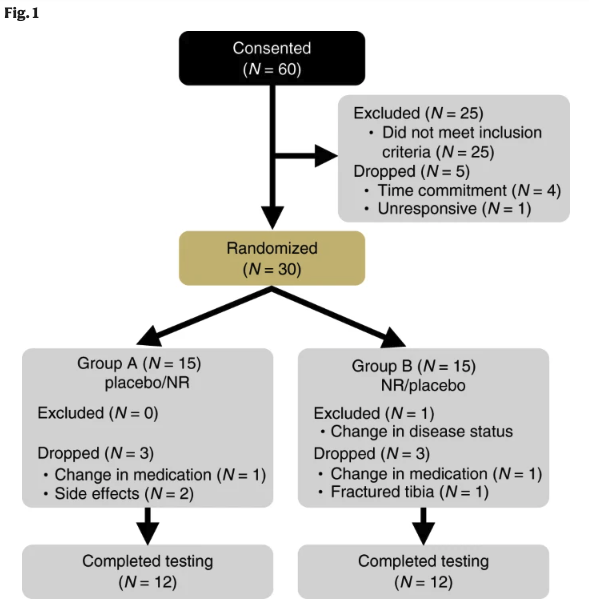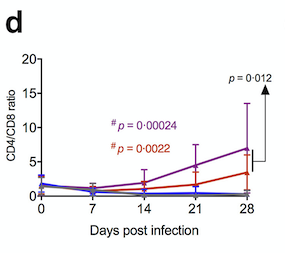This study found that injection of NMN protected mice from asthma-induced inflammation, mucus production, and lung barrier disruption.
Category Archives: Research
This study found that the continued administration of Green Tea Catechin (EGCG) improves the lifespan, cellular health, and cell waste clearance in aging mice.
Sepsis-associated disruption of the NRK1/2 pathway for NAD+ synthesis emphasized the critical role of NMN transport through the Slc12a8 transporter.
NAD+ deficiency is not just a concern of aging; it also plays a significant role in the development of various chronic diseases that are on the rise among younger generations.
Hyaluronic acid (HLA) is a naturally occurring gel-like substance that the body produces. It is abundantly present in the skin, joints, and eyes, where its exceptional ability to attract and retain water plays a crucial role in maintaining tissue hydration and lubrication.
“This study shows that Liposomal Blend is a vehicle with the ability to enhance the anti-aging properties of the ingredients within the facial serum by facilitating its delivery into the underlying layers of the skin.”
The study developed a novel microfluidic approach to co-encapsulate NMN and an anticancer drug, honokiol (HNK), in liposomes and established a new HPLC method for NMN encapsulation quantification.
This study evaluated the safety and effects of high-dose (3,000 mg) Nicotinamide Riboside (NR) supplementation in patients with Parkinson’s Disease (PD).
This study showed that NR (1 g/day) for 10 weeks is safe in adults with MCI and effectively increased blood levels of NAD+.
New research on NAD+ metabolism, NMN supplementation, and mitochondrial NAD+ levels was presented at the esteemed longevity conference, the Aging Research and Drug Discovery (ARDD) Meeting.
A recent systematic review evaluated ten studies with NAD+ precursors for efficacy and safety.
“Results from the humanized mouse study demonstrated that NMN treatment could improve the therapeutic effect of cART in vivo on reconstituting CD4+ T cells and improving CD4/CD8 ratio significantly over time.”


